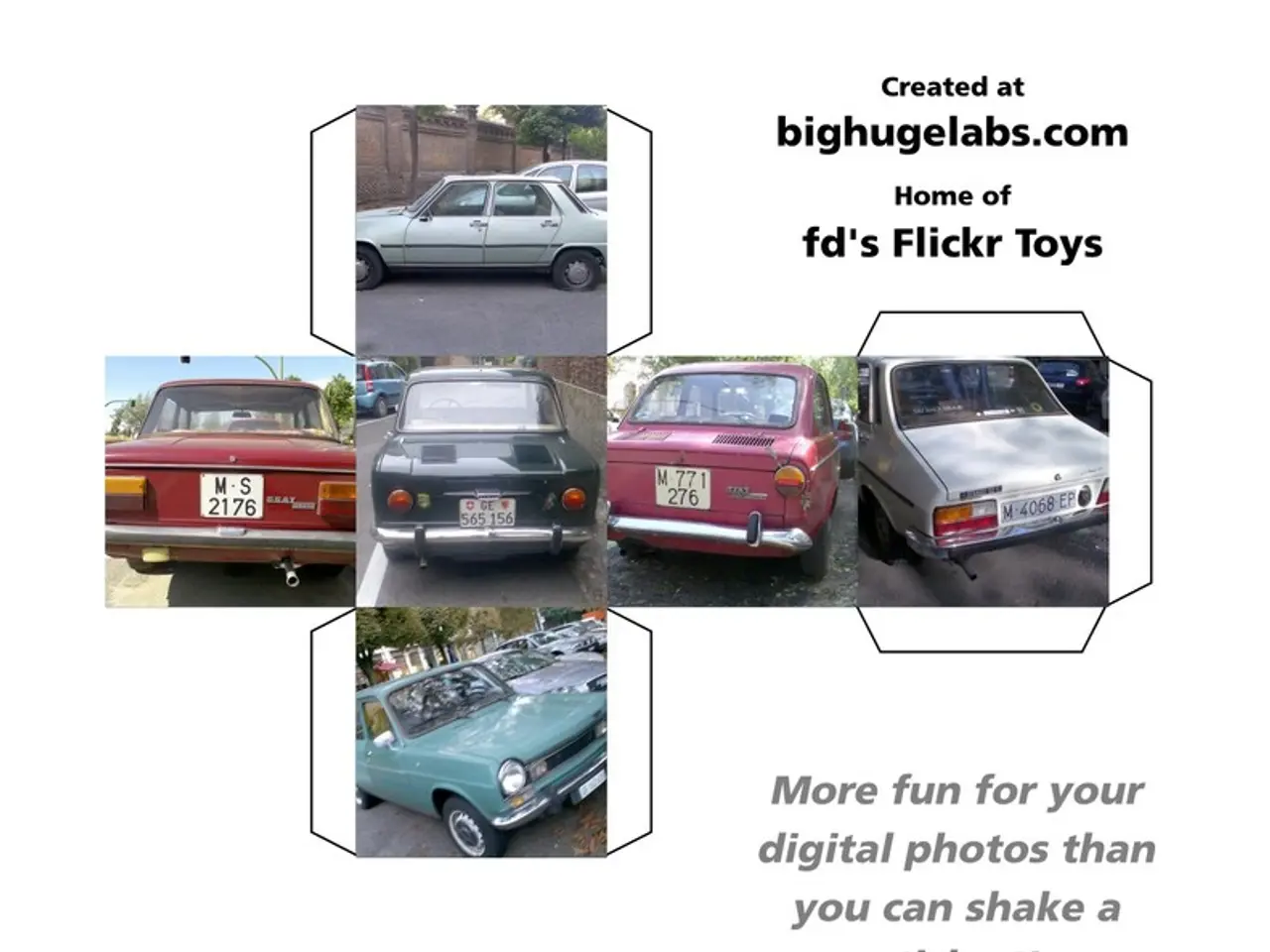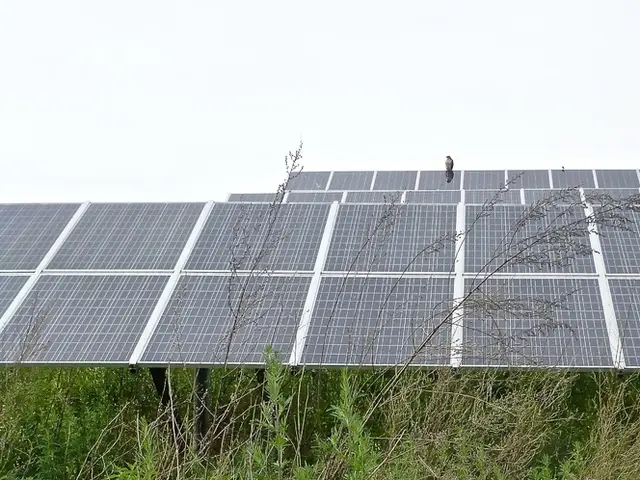EAFO Research Uncovers Crucial Elements in Electric Vehicle Adoption within the EU
In a bid to reduce emissions and foster a more environmentally-friendly transport sector, the European Union (EU) is accelerating the adoption of battery electric vehicles (BEVs). According to the Consumer Monitor 2022 by EAFO, this shift towards BEVs is part of a broader effort towards a more sustainable future in the EU.
One of the primary obstacles for potential BEV drivers in the EU10 countries is the high cost associated with these vehicles. However, financial support mechanisms are available to address this concern and promote BEV adoption. These mechanisms include grants, loans, and purchase subsidies, such as electric car bonuses and tax advantages for company cars with high depreciation rates.
Moreover, planned expansions of charging infrastructure and policies like CO2 fleet emission limits that encourage manufacturers to increase electric vehicle sales are also being implemented. However, the availability and scope of these incentives vary by country, with some, like Germany, currently adjusting their programs, which may bring some uncertainty for private consumers in 2025.
Lack of clear information about nearby public recharging points is another concern among potential BEV drivers. Enhancing the visibility of the public recharging network could boost confidence among these individuals and further accelerate the adoption of BEVs.
The typical EU BEV driver is a younger male with a higher education diploma, residing in a detached house, and enjoying a relatively high income.
By tailoring policies and incentives to address specific barriers, European countries can accelerate the adoption of BEVs and drive the shift towards a more sustainable and electric future in the EU. This transition not only benefits the environment but also positions the EU at the forefront of clean mobility technology.
Read also:
- Industrial robots in China are being installed at a faster rate than in both the United States and the European Union, as the global market for these robots faces a downturn.
- Airbus is propelling the advancement in aviation fuel's environmental friendliness
- Sustainable initiatives boosted by Veolia through financially backed eco-friendly projects
- Potential perils of artificial intelligence data facilities to American electrical infrastructure due to fire hazards.








